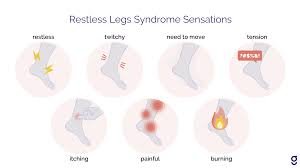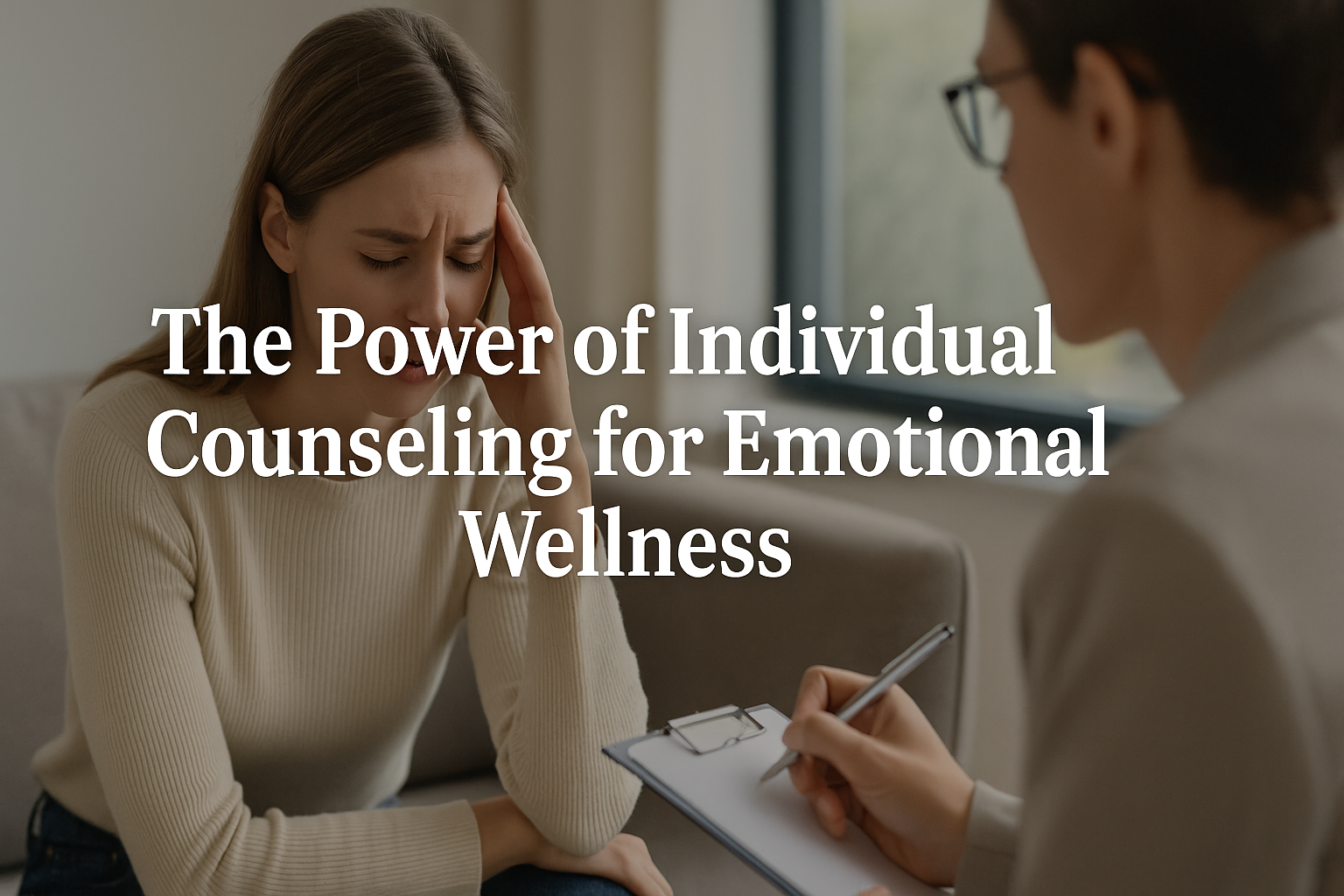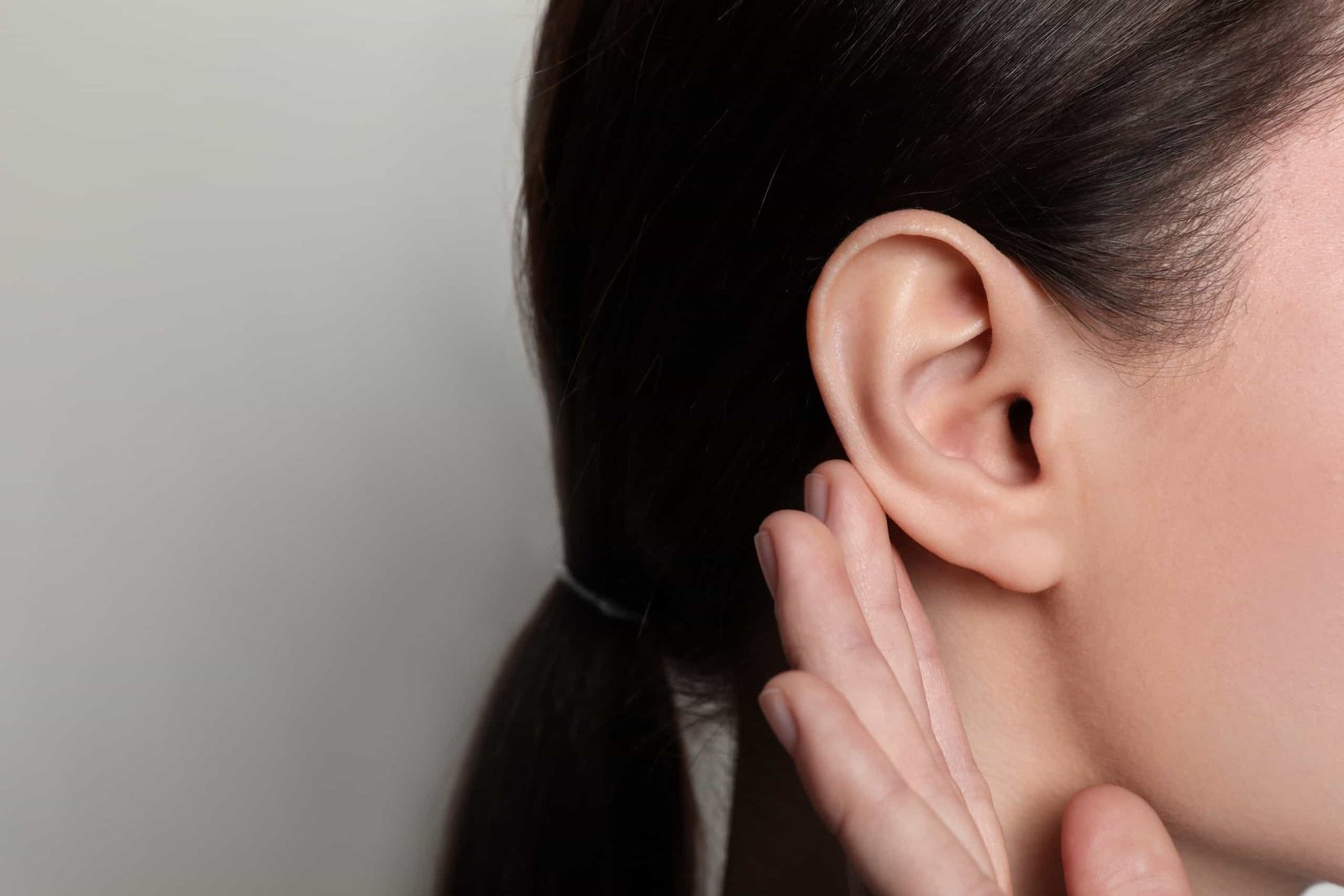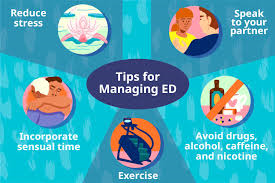Choosing the best mental health medication depends on individual needs, the type of disorder, and how your body reacts to treatment. Options include antidepressants, anti-anxiety medications, mood stabilizers, and antipsychotics. Each category addresses different symptoms, so finding the right fit often involves trial and error with the guidance of a healthcare provider.
Comprehending Mental Health Drugs
Generally speaking, there are multiple types of drugs for mental health, each of which is intended to treat a particular set of symptoms or diseases. One kind of drug may significantly improve the condition of some people, but other people may need a mixture or other treatments. It’s critical to collaborate closely with a healthcare provider to identify the best course of action for your situation.
1. Medications for depression
Depression, anxiety disorders, and a few other mood disorders are the main conditions treated with antidepressants. They function by changing the brain’s neurotransmitter levels, which are molecules that help nerve cells communicate with one another. Antidepressants are divided into a number of subcategories, such as:
Of all the antidepressant types, selective serotonin reuptake inhibitors (SSRIs) are the ones that are prescribed the most frequently. Serotonin levels in the brain are raised by SSRIs like fluoxetine (Prozac), sertraline (Zoloft), and escitalopram (Lexapro), which can help elevate mood and lessen anxiety. Compared to earlier antidepressants, they typically have fewer adverse effects.
Inhibitors of Serotonin-Norepinephrine Reuptake (SNRIs):
These drugs, which also alter norepinephrine levels, include duloxetine (Cymbalta) and venlafaxine (Effexor). They function similarly to SSRIs. SNRIs have the potential to be useful in the treatment of anxiety and depression.
TCAs, or tricyclic antidepressants:
TCAs like nortriptyline and amitriptyline are less frequently recommended nowadays because of their side effect profile, although they do work for some people. They function by preventing neurotransmitter reuptake, although they frequently have more serious adverse effects.
MAOIs, or monoamine oxidase inhibitors:
Another class of antidepressants called MAOIs, which includes phenelzine (Nardil), is generally prescribed after previous therapies have failed. They are less common since dietary restrictions are necessary to prevent severe adverse effects.
2. Sedatives
Antipsychotic drugs are typically given to treat bipolar disorder and schizophrenia, although they can also be used to treat severe anxiety and depression. They aid in the management of symptoms like disordered thought patterns, hallucinations, and delusions. Two primary categories exist:
First-generation antipsychotics (FGAs):
Although these older drugs, such chlorpromazine (Thorazine) and haloperidol (Haldol), are effective, they frequently have serious side effects, such as extrapyramidal symptoms (movement abnormalities).
Second-generation antipsychotics (SGAs):
When compared to first-generation antipsychotics (FGAs), SGAs such as risperidone (Risperdal), quetiapine (Seroquel), and aripiprazole (Abilify) typically have a more favorable side effect profile. Because they have a lower chance of negative effects associated to movement, they are frequently chosen.
3. Psychiatric Support
Mood stabilizers help to moderate mood fluctuations between mania and depression and are mostly used to treat bipolar disorder. Mood stabilizers that are most frequently used include:
Lithium:
This traditional mood stabilizer has been used for many years and helps a lot of people with bipolar disorder. Since there is a limited therapeutic range for lithium and potential for toxicity, routine blood tests are required to check lithium levels.
Anticonvulsants:
Several anticonvulsants, including lamotrigine (Lamictal) and valproate (Depakote), are also used as mood stabilizers. They are frequently chosen by people who do not react well to lithium and can aid in the regulation of mood fluctuations.
4. Medication for Anxiety
The purpose of anti-anxiety drugs is to treat the symptoms of panic attacks, anxiety disorders, and generalized anxiety. The most typical kinds consist of:
Benzodiazepines:
For the momentary alleviation of anxiety symptoms, medications such as alprazolam (Xanax), lorazepam (Ativan), and diazepam (Valium) work well. However, they are less appropriate for long-term use because to the possibility of dependence and withdrawal symptoms.
Buspirone:
For persistent anxiety, doctors frequently prescribe this non-benzodiazepine drug. Compared to benzodiazepines, it is less likely to cause dependence and is not sedative, which makes it a good choice for certain people.
5. Inducing Agents
Although they are mainly used to treat attention-deficit/hyperactivity disorder (ADHD), stimulant medicines can also affect mood. Typical stimulants consist of:
Methylphenidate: This class of medication includes drugs like Concerta and Ritalin, which can enhance focus and attention.
Amphetamines:
While medications such as Adderall and Dexedrine are useful in treating ADHD, they can also improve mood in certain people.
Efficiency and Things to Take Into Account
The efficacy of pharmaceuticals for mental health disorders differs among individuals. How effectively a medication works might depend on a number of factors, including individual reactions, the particular ailment being treated, and heredity. Finding the ideal drug or combination of drugs may take some time, and medical professionals frequently keep a close eye on patients’ progress in order to change prescriptions or adjust dosages as necessary.
Possible Adverse Reactions
Despite their potential for great efficacy, mental health drugs may have negative side effects. Typical adverse effects could be:
Gaining weight
dysfunctional sexual behavior
Feeling sleepy or exhausted
Lack of sleep
mouth dryness
emesis
Before beginning a new medicine, it is crucial to discuss potential side effects with a healthcare provider and to have a strategy in place for handling any negative effects.
Non-Medicinal Methods
Many people discover that therapy, dietary adjustments, and complementary therapies can improve their mental health care in addition to medication. Exercise, mindfulness exercises, cognitive-behavioral therapy (CBT), and a healthy diet can all be very helpful in treating mental health issues. To attain optimal mental health, a comprehensive strategy that incorporates both medicine and therapy is frequently the most successful.
In summary
Making judgments on mental health medications requires knowledge of the various kinds that are accessible, even if navigating this field can be challenging. Every class of medication has its own advantages and disadvantages, ranging from mood stabilizers and anti-anxiety drugs to antidepressants and antipsychotics. Enhancing mental health and quality of life requires working with a healthcare provider to determine the best treatment plan that meets your specific needs. People can work toward reaching their mental health objectives and leading satisfying lives by combining medication with therapy and lifestyle modifications.
















Leave a Reply